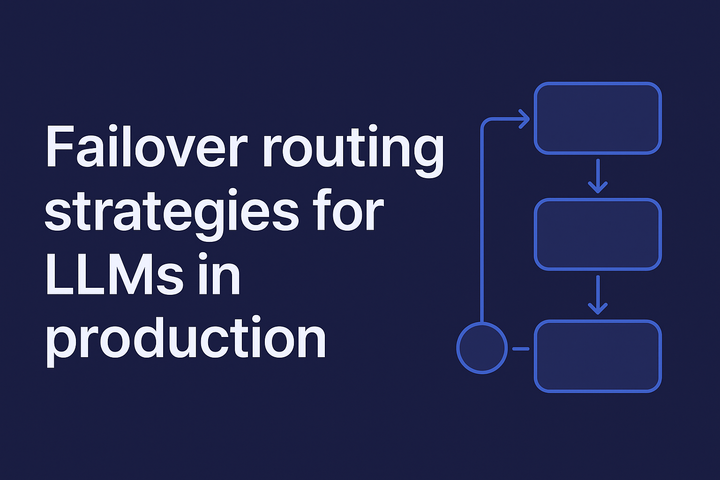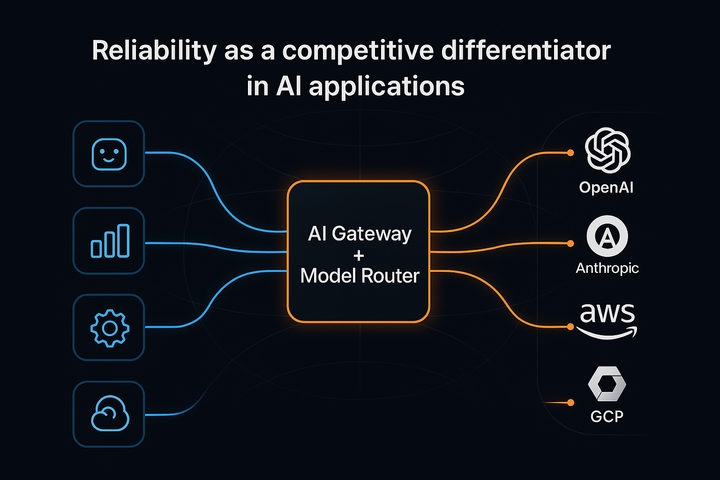Post Processing Recommender Systems with Knowledge Graphs for Recency, Popularity, and Diversity of Explanations - Summary
The paper proposes a re-ranking approach for explainable recommender systems using knowledge graphs to optimize for recency, popularity, and diversity of explanations. The approach is evaluated on two public datasets and shows an increase in explanation quality while preserving recommendation utili
Arxiv URL: https://arxiv.org/abs/2204.11241
Authors: Giacomo Balloccu, Ludovico Boratto, Gianni Fenu, Mirko Marras
Summary:
The paper proposes a re-ranking approach for explainable recommender systems using knowledge graphs to optimize for recency, popularity, and diversity of explanations. The approach is evaluated on two public datasets and shows an increase in explanation quality while preserving recommendation utility.
Key Insights & Learnings:
- Existing explainable recommender systems have not investigated the extent to which properties of a single explanation and a group of explanations can influence the perceived explanation quality.
- The paper conceptualizes three novel properties that model the quality of the explanations and proposes re-ranking approaches to optimize for these properties.
- Experiments on two public datasets show that the proposed approaches can increase explanation quality according to the proposed properties, fairly across demographic groups, while preserving recommendation utility.
- The proposed approach combines literature review and user studies to explore and conceptualize the space of relevant explanation types comprehensively.
- The paper's contribution is threefold: proposing three novel metrics for recency, popularity, and diversity of explanation, proposing a suite of re-ranking approaches that optimize for the proposed metrics, and evaluating the impact of the approaches on recommendation utility and explanation metrics.
Terms Mentioned: Recommender Systems, Explainability, Fairness, Knowledge Graphs
Technologies / Libraries Mentioned: Python, scikit-learn, pandas, numpy, networkx



